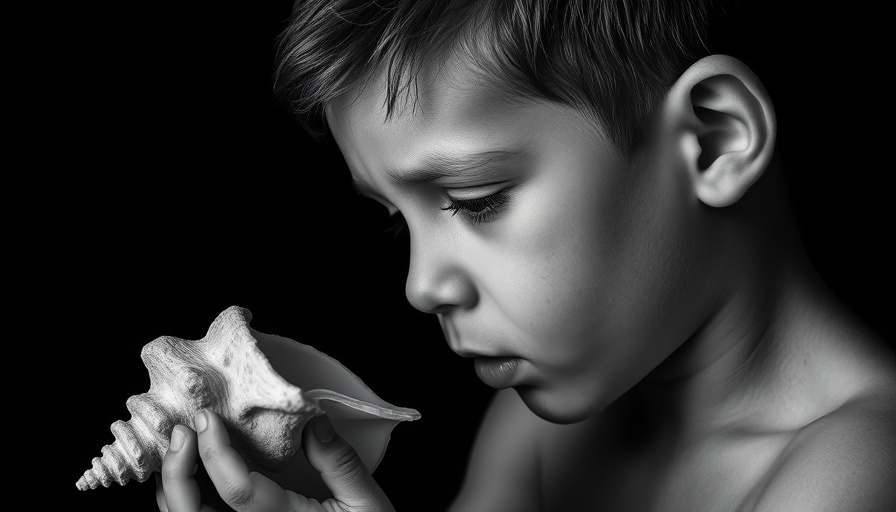
The Strength of Not Knowing: A Paradigm Shift in Mental Health
In a world dominated by rapid information and constant connectivity, the ability to embrace uncertainty is often overlooked. Traditionally, not knowing is viewed as a vulnerability, a gap that society insists needs filling. However, this perspective begs reevaluation in the context of mental health. As articulated by John Tarrant in his thought-provoking work, Bring Me the Rhinoceros, the space of unknowing fosters creativity and insight. It offers a profound opportunity to engage with the world and ourselves without the constraints of preconceived notions.
Embracing Uncertainty in Mental Health
Much like the journey of dealing with anxiety disorders, the acknowledgment of 'not knowing' can act as a powerful entry point for those grappling with mental health issues. Whether it's generalized anxiety disorder, social anxiety, or phobias, many individuals find themselves held captive by the overwhelming urge to control their circumstances and mitigate uncertainty. Yet, surrendering to this discomfort is where healing can truly begin. This vulnerability enables a more authentic relationship with oneself and others, possibly leading to therapeutic breakthroughs.
Social Connection: Why This Understanding Matters
The connection between acknowledgment of not knowing and social well-being cannot be underestimated. For many, the anxiety of being judged or misunderstood translates not only into mental health problems but also into isolation. Sharing the sentiment of uncertainty can lead to peer support, where individuals realize they are not alone in their experiences. This shared vulnerability reduces stigma, promotes societal empathy, and fosters support groups that address collective anxiety, particularly in environments like schools and workplaces where mental health awareness is growing.
Impact of COVID-19 on Mental Health Perspectives
The pandemic has significantly heightened anxiety levels across demographics, drawing attention to existing disparities in mental health care. With soaring rates of COVID-19 anxiety, many have been forced to confront their fears and uncertainties directly. As we navigate recovery, the teachings of embracing uncertainty may serve as a critical tool for students, caregivers, and professionals facing workplace anxiety and stress management issues.
The Role of Mindfulness and Therapy
In embracing uncertainty, practices such as mindfulness and cognitive behavioral therapy (CBT) emerge as vital strategies. Mindfulness, with its focus on present-moment awareness, encourages individuals to explore their thoughts and feelings without judgment. This discipline aligns perfectly with the idea that not knowing is a strength, as it fosters curiosity and open-mindedness. CBT provides practical coping strategies that empower individuals to manage anxiety symptoms and tackle irrational fears head-on.
Future Trends: Evolving Perspectives on Mental Health
As society continues to adapt to changing mental health landscapes, there is potential for shifts in policy and practice to focus more on resilience building and emotional intelligence. Mental health education will likely prioritize teaching individuals, particularly youth, about the strengths found in vulnerability. Promoting self-care initiatives in workplaces, integrating holistic approaches, and offering digital mental health resources will further the ethos that not knowing can catalyze personal growth and communal healing.
Conclusion: A Call to Action
As we collectively navigate these uncertain times, it is vital to embrace the notion that 'not knowing' isn't merely a flaw but can be a source of empowerment. For those managing anxiety and mental health struggles, this understanding is not only transformative but also essential for healing. Engage with local support groups, reach out for counseling, or incorporate mindfulness practices into your daily routine. Recognizing the strength in vulnerability will pave the way for not only personal growth but also for a more compassionate society. Together, let’s redefine the narrative around mental health and encourage ongoing dialogue that reduces stigma and builds resilience.
 Add Row
Add Row  Add
Add 




Write A Comment